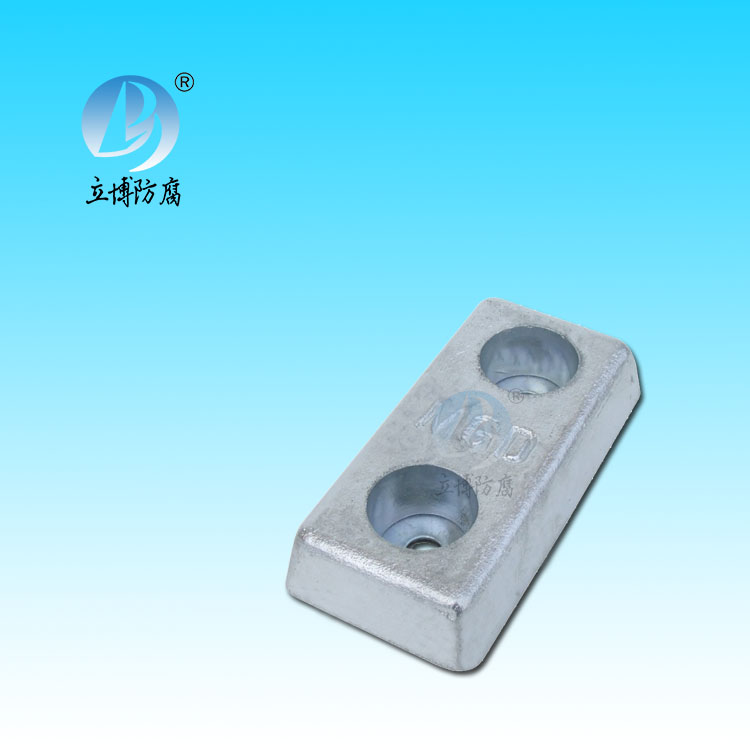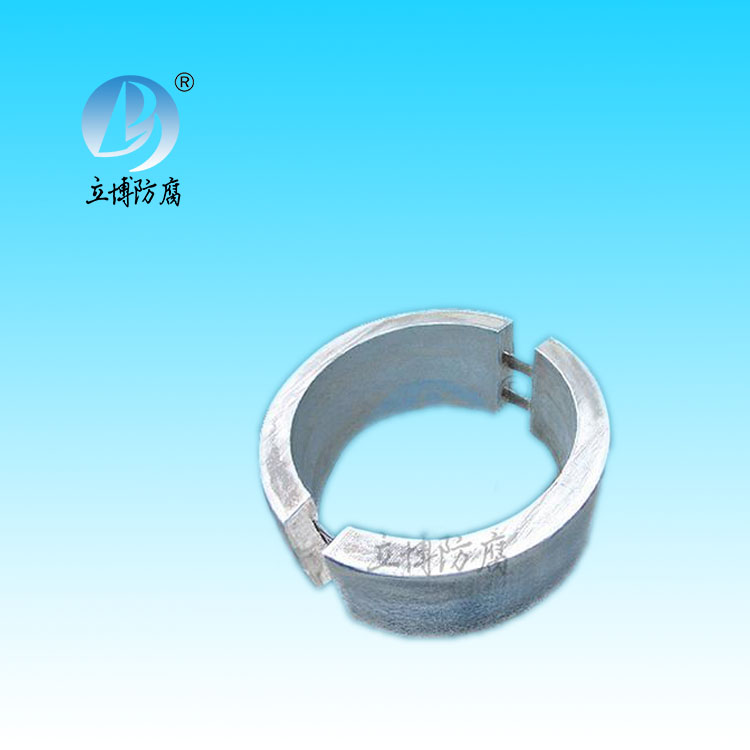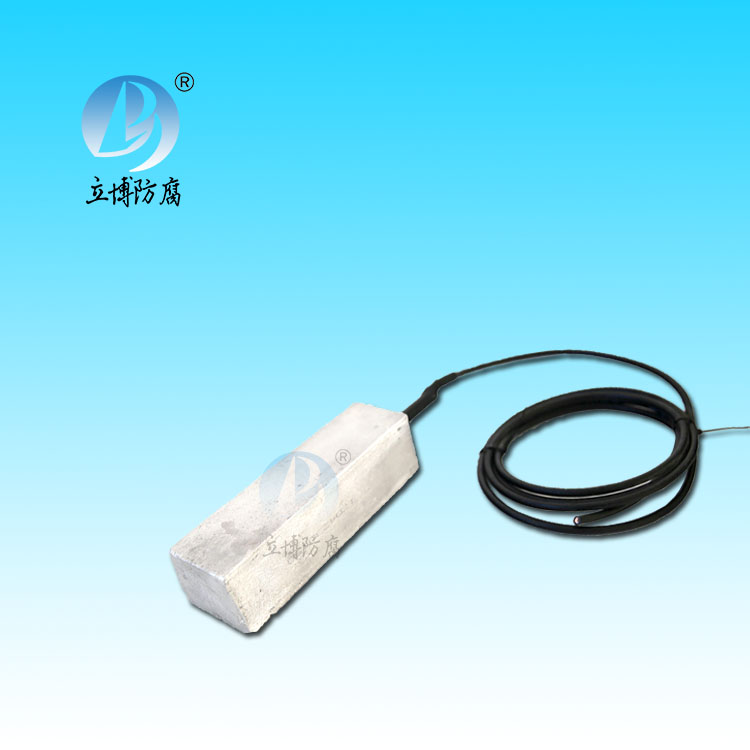News
News
- What is a sacrificial anode
- Basic requirements for reference...
- What does the reference electrode do...
- Why are zinc blocks attached to the ...
- What is the principle of impressed...
- What material does metal structure...
Contact
Phone:18739187123
hotline:0391-7588881
E-mail:970512272@qq.com
Address:Wuzhi County, Jiaozuo City, China
Industry News
Use of sacrificial anode magnesium anode anticorrosive material in pipeline cathodic protection construction?
- Author:Libo
- Source:wwww.voypictures.com
- Date:2021-06-11
- Click:0
Magnesium sacrificial anode can generally be used in the soil or freshwater environment with the resistivity of 20 ohm/m ~50 ohm/m and the environment with the resistivity less than 10 ohm/m. The temperature of 100℃ is the temperature that can be reached when magnesium sacrificial anode is used. The utilization rate of magnesium sacrificial anode is 85%. So when the anode weight left to 15%, can be considered to have failed. The resistivity of the magnesium sacrificial anode is normally 50%, but may be lower due to various constraints.
Under the influence of salt water or salt water, the temperature should not exceed 30 degrees Celsius when using the magnesium sacrifice anode. In fresh water environment, the temperature should not exceed 45 degrees Celsius to use the magnesium sacrifice anode, so the magnesium sacrifice anode is not suitable for use in seawater, where the corrosion rate is too fast and the life is very short.
Project length is 6.5 kilometers, the diameter is 300 soil is dry, with cathodic protection project for the first time, need to design and supply of material factory, then we daqing continuous rain more than 20 days, out of flash powder, find ladbrokes manufacturer, they said I help you deal with now, the use of a batch of aluminum heat flux in the experiment to make video, then I your side find out the reason, Because it rained for a long time, I put these things on the ground damp, light drying in the sun, the product after-sales service is very good.







 客服QQ
客服QQ